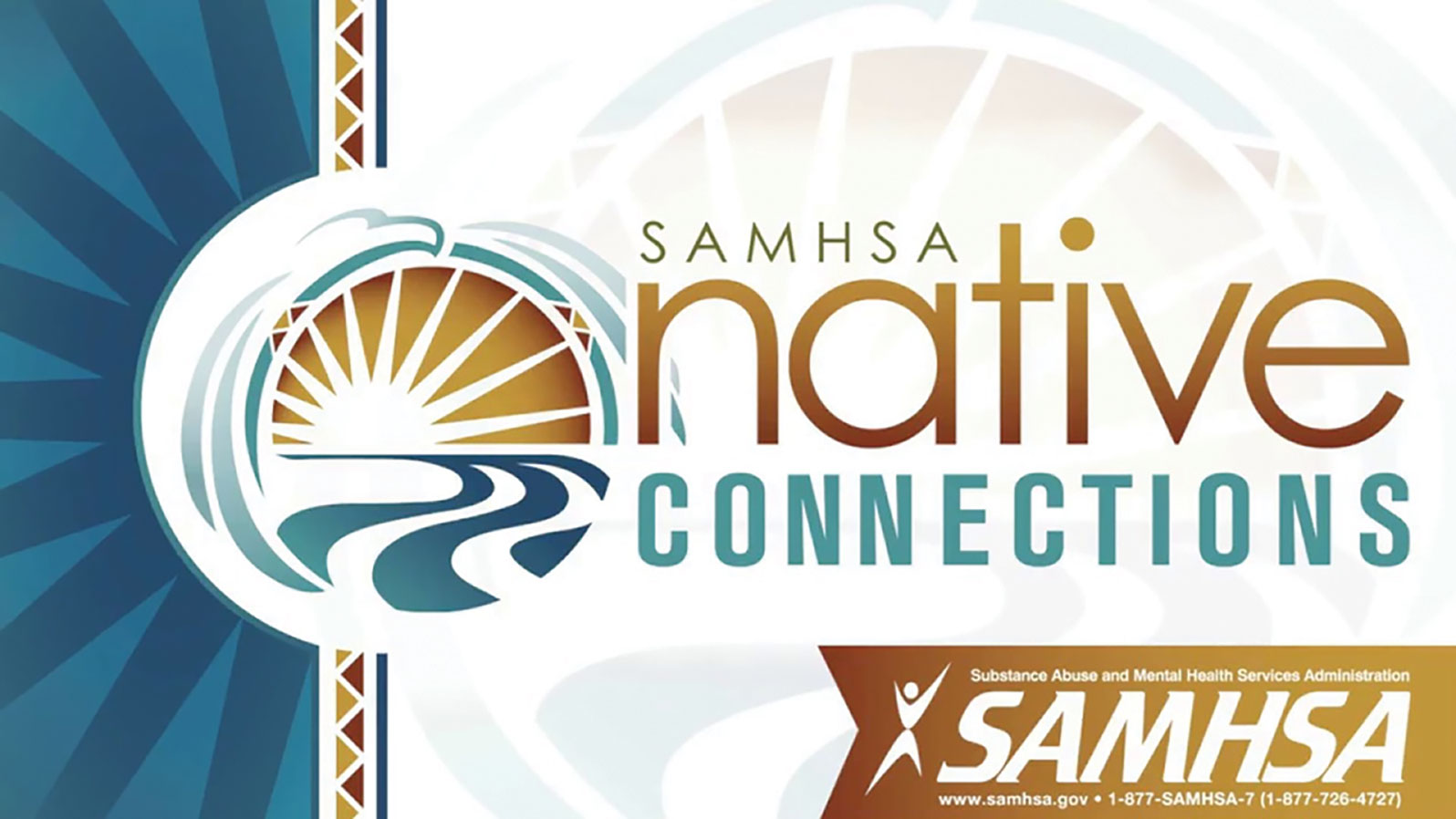Does the food I eat affect my mental health?
There does seem to be a link between the food we eat and the quality of the food for our mental health and wellbeing. According to the research article, Nutrition and mental health: A review of current knowledge about the impact of diet on mental health (2022) “We consume more and more processed, high-energy, and nutrient-poor foods” which can cause and lead to many health problems such as obesity, diabetes, and even self-image issues. Studies have also found that much of these “processed” foods don’t nourish our bodies with the vitamins, fiber, and nutrients we need. Additionally, substance use and lack of exercise, the effects on our health can lead to the development of mental health issues.
How does food affect the brain?
The brain needs food too! But not just any kind of food. “Amazingly, the food you eat affects neurons, which are the major cells of the brain. In the brain, an unhealthy diet that is rich in fats and sugars causes inflammation of neurons and inhibits the formation of new neurons. This can affect the way the brain works and contribute to brain disorders like depression.” (Grajek M, Krupa-Kotara K, Białek-Dratwa A, et al. 2021). Our brains need “brain food” to function properly. In this same article, they talk about the importance of the synaptic plasticity of the brain and the important function it has to the connections of our neurons. This is important because, much like substances can affect the functions of many parts of the brain, so does food. The more nutrient rich foods we eat, the better our brain functions.
Think about a time when you were doing strenuous work outdoors or maybe crunching on an exam paper and you didn’t eat or drink anything for hours. What happened? Did you experience any fatigue or cramping? Well, just as our muscles need energy (food and water), our brains also need these things to keep the gears oiled, so to speak.
So, what kind of foods should we eat?
Food that has been proven to help with brain health and overall wellness (Jennings, 2021)
- Fatty fish (omega-3 fatty acids) such as albacore tuna, salmon, trout, and sardines. The brain is made up of fat and these nutrients help build the brain and nerve cells.
- Coffee (caffeine and antioxidants) helps support brain health by increased alertness, improved mood, and sharpened concentration.
- Blueberries (anthocyanins which is an anti-inflammatory and antioxidant) help improve communication between brain cells and can improve memory.
- Turmeric (anti-inflammatory and antioxidants) may benefit memory, eases depression, and helps new brain cells grow.
- Broccoli (vitamin K) helps with better memory and cognitive status.
These are just to name a few, and we encourage you to take a look at your diet and on your next trip to the grocery store, pick up some of these items and start implementing them into your daily nutrition routine.
It’s okay not to feel okay.
If you or someone you know has been struggling with their emotions, behaviors, or substance use please reach out to us. We can help you find appropriate tools and services that could help you overcome obstacles in your life. We are here for you. Please contact the Southern Ute Behavioral Health Division at 970.563.5700 for more information or to set up an appointment to see a counselor or therapist.
References:
Grajek M, Krupa-Kotara K, Białek-Dratwa A, et al. Nutrition and mental health: A review of current knowledge about the impact of diet on mental health. Front Nutr. 2022;9:943998. Published 2022 Aug 22. doi:10.3389/fnut.2022.943998
Ahmad F, Hasan H, Abdelhady S, Fakih W, Osman N, Shaito A and Kobeissy F (2021) Healthy Meal, Happy Brain: How Diet Affects Brain Functioning. Front. Young Minds. 9:578214. doi: 10.3389/frym.2021.578214
Jennings, K.-A. (2021, June 18). 11 best foods to boost your brain and memory. Healthline. https://www.healthline.com/nutrition/11-brain-foods#TOC_TITLE_HDR_2
NEW Nationwide Suicide and Substance Use Crisis line: 9-8-8
Simply calling or texting 988 or chatting 988Lifeline.org will connect you to compassionate care and support for mental health-related distress. #988Lifeline

